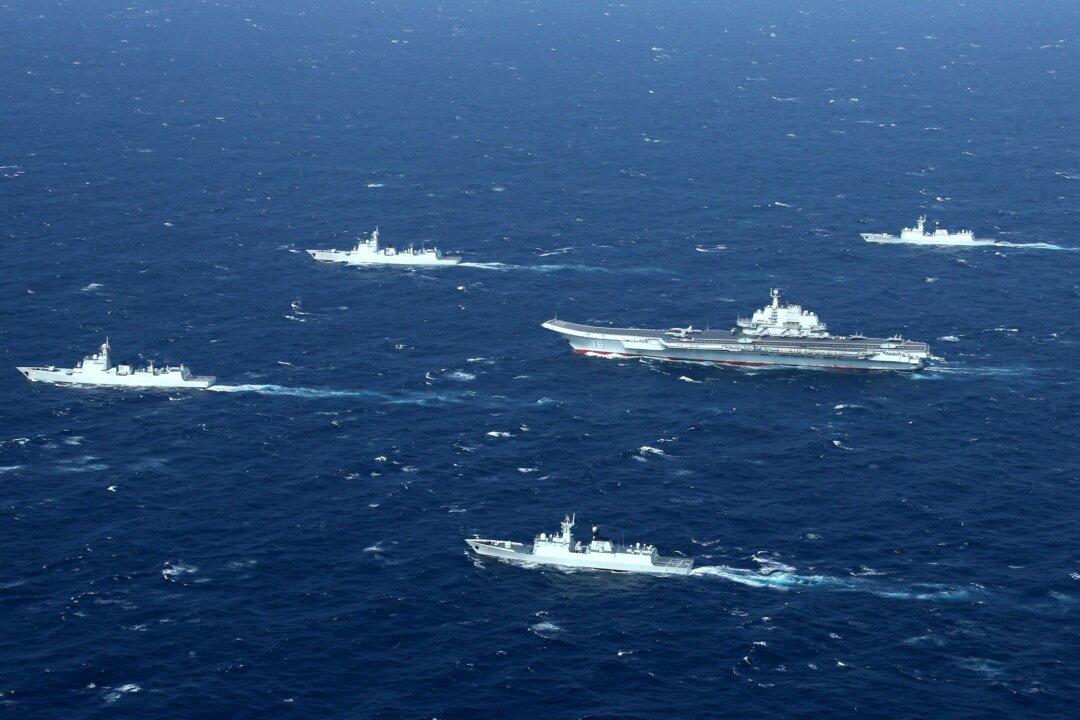China’s rapid military expansion and modernization presents a challenge to the global security environment, according to a top NATO official, and significant work will need to be done to ensure the continuation of the democratic way of life that the alliance aims to defend.
“China is not an adversary to NATO,” said NATO Deputy Security General Mircea Geoana. “But its military modernization, its heavy investment in nuclear missiles and hypersonic missiles, and its coercive diplomacy, has security implications for all NATO allies.”




